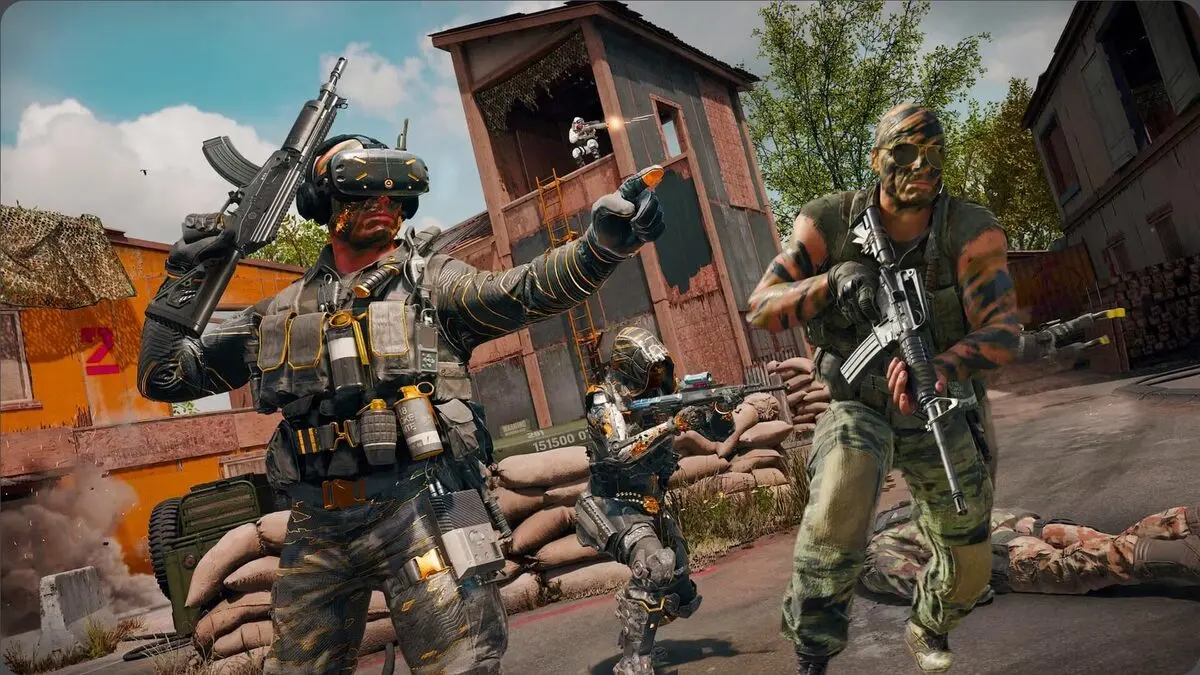Call of Duty: Black Ops 7 launched with its campaign running on an always-online framework that treats solo play as a live co-op session. Players cannot pause missions. The game will kick you for inactivity. If you disconnect or quit to the menu, you restart the entire mission from scratch.
The campaign is designed for three-player co-op but allows solo runs. Either way, you’re in a live networked session. That architectural choice removes features players expect from single-player campaigns.
Opening the pause menu does not stop enemy AI or freeze the world. The game continues running. Players describe opening menus mid-combat only to return and find themselves dead.
Checkpoints still exist within an active session. Die during a mission and you respawn at a recent checkpoint. But those checkpoints only persist while the session stays live. Leave the mission, crash, or lose connection and the mission resets. You start over.
The game enforces an idle kick timer during campaign missions. Remain inactive too long and the session boots you. Since progress doesn’t save mid-mission, getting kicked means losing everything.
The always-online requirement spans all platforms. Recent Call of Duty titles have moved campaigns into the same live-service infrastructure that powers multiplayer and Warzone. This unifies progression tracking, friend systems, and backend telemetry across modes.
That unified architecture brings tradeoffs. Publishers gain anti-piracy controls and detailed engagement metrics. Players lose the ability to pause narrative missions or preserve progress when life interrupts.
What this means for players
Unstable internet creates risk. Longer missions demand uninterrupted play time. Console suspend features won’t help if the server connection expires while your system sleeps.
Set your lobby to private if you want a solo run. Matchmaking can be disabled but the session remains online. Plan mission attempts around when you can commit without interruption.

